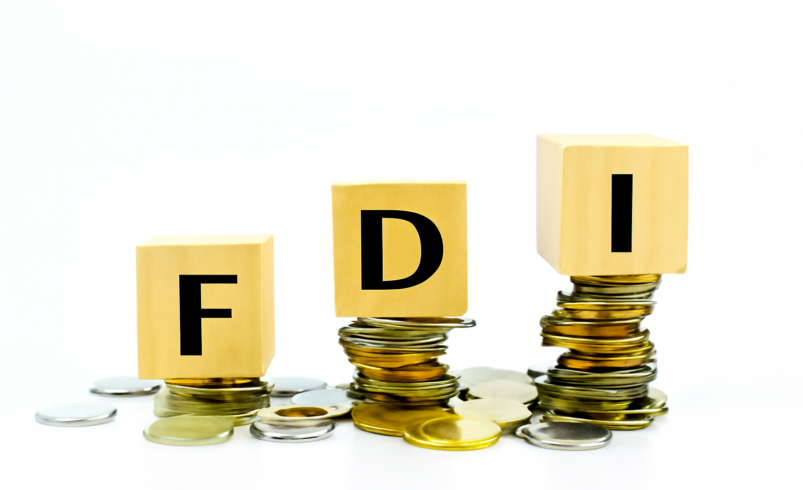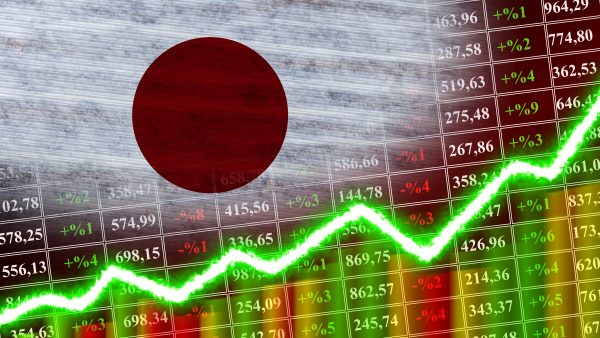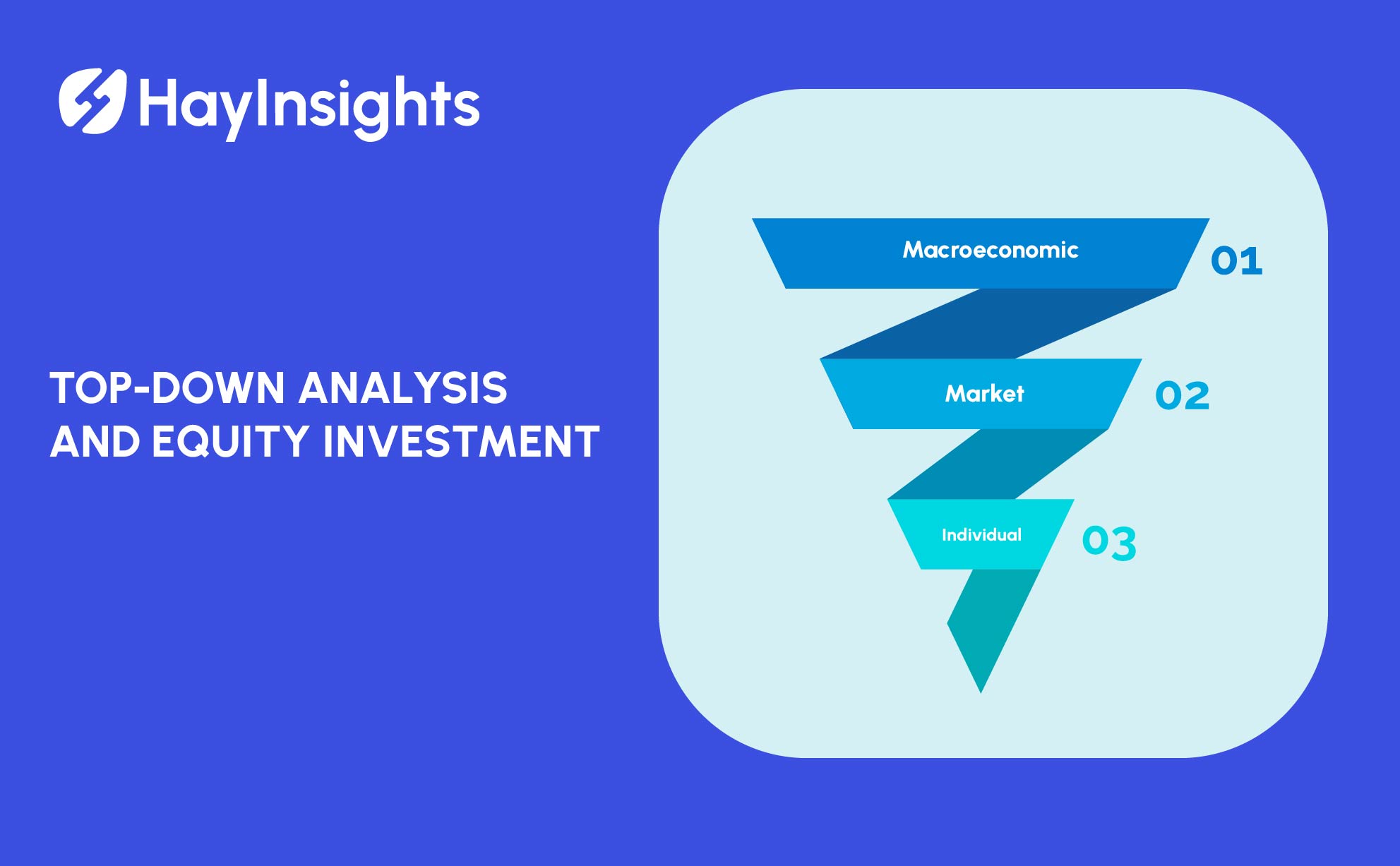
Exploring the Types of ETFs in Japan
Exchange-traded funds (ETFs) have become a staple in the investment portfolios of many across the globe, offering both novice and seasoned investors a pathway to access broad market segments or specific industries. In Japan, the landscape of ETFs is particularly vibrant, influenced by major asset management firms such as Nomura and Daiwa. This article explores the various types of ETFs available in Japan, the role of top asset management companies, and how investors can utilize top-down data to manage risks and enhance their investment strategy.
Overview of ETFs in Japan
What is an ETF?
An ETF, or exchange-traded fund, is an investment fund traded on stock exchanges, much like stocks. It holds assets such as stocks, commodities, or bonds and generally operates with an arbitrage mechanism designed to keep it trading close to its net asset value, although deviations can occasionally occur.
Role of Major Asset Management Companies
In Japan, giants like Nomura and Daiwa play a crucial role in the ETF market. These companies create and manage a range of ETFs that cater to different sectors, risk tolerances, and investment strategies, making it easier for investors to find options that align with their financial goals.
Types of ETFs Available in Japan
Stock ETFs
Stock ETFs are among the most popular in Japan, offering investors exposure to a wide range of sectors, from technology to healthcare. These ETFs typically track a specific index like the Nikkei 225 or the TOPIX, providing an easy way to gain diversified exposure to the Japanese stock market.
Bond ETFs
For those looking for lower-risk investments, bond ETFs are an attractive option. These funds invest in various types of debt securities, including government and corporate bonds. Investors often use bond ETFs to balance their portfolios, hedge against market volatility, or secure a steady income stream.
Sector-Specific ETFs
Sector-specific ETFs allow investors to invest directly in their industry of choice, such as robotics, electronics, or automotive, which are prominent sectors in Japan. This targeted approach can lead to higher returns, albeit with higher risk.
Commodity ETFs
Though less common, commodity ETFs provide exposure to physical commodities like gold and oil. These are typically used by investors looking to hedge against inflation or currency risks.
Utilizing Top-Down Data in ETF Investments
Importance of Data in Investment
In the world of investment, data is paramount. Top-down data analysis starts with the macroeconomic indicators and works down to individual sectors and entities. This approach helps investors understand broader economic conditions and their impacts on sectors and specific ETFs.
Risk Management Strategies
Effective risk management is crucial to successful investing, especially in the dynamic realm of ETFs. By understanding the data and trends, investors can better gauge their risk tolerance and adjust their portfolios accordingly to mitigate potential losses and maximize returns.
Conclusion
ETFs offer a versatile and efficient means of investing in Japan’s vibrant market, suitable for a broad spectrum of investors. With the backing of top asset management firms like Nomura and Daiwa, and a strategic approach to using top-down data, investors are well-equipped to navigate the complexities of the ETF landscape and achieve their investment objectives. Whether you’re looking to diversify your portfolio, manage risks, or target specific sectors, the Japanese ETF market provides a wealth of opportunities for informed investment decisions.













